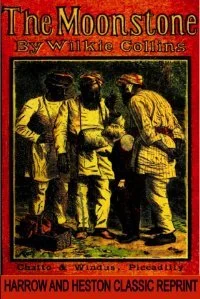By Alexander K. McClure (Author), Colin Heston (Introduction)
Abe’s Yarns and Stories, edited by Alexander K. McClure and first published in 1901 by the International Publishing Company, is a unique and enduring contribution to the cultural memory of Abraham Lincoln. Rather than a conventional biography, this volume presents Lincoln through the lens of his own storytelling—anecdotes, jokes, parables, and recollections that he used to communicate, persuade, and connect with people from all walks of life. The book is both a literary and historical artifact, capturing the essence of Lincoln’s personality and the oral tradition that helped shape his public image. McClure, a journalist and political figure who knew Lincoln personally, compiled this collection not only to entertain but to preserve the wit and wisdom of a man whose humor was as integral to his leadership as his moral conviction.
What makes Abe’s Yarns and Stories particularly compelling is its blend of folklore and fact. While some of the anecdotes may be apocryphal or embellished, they reflect the way Lincoln was remembered and revered by those who knew him and those who came after. The book thus serves as a bridge between history and myth, illustrating how Lincoln’s legacy was shaped not only by his deeds but by the stories told about him. McClure’s editorial voice is respectful and admiring, but he allows Lincoln’s own words and the voices of his contemporaries to take center stage. The result is a portrait that is intimate, humanizing, and deeply American. His rich self-education and his storytelling formed the foundation of a presidency that not only preserved the Union but also reshaped the American identity. They allowed him to lead not just with policy, but with wisdom and heart—qualities that continue to define his legacy.
Read-Me.Org Inc. New York-Philadelphia-Australia. 2025. 360p.










